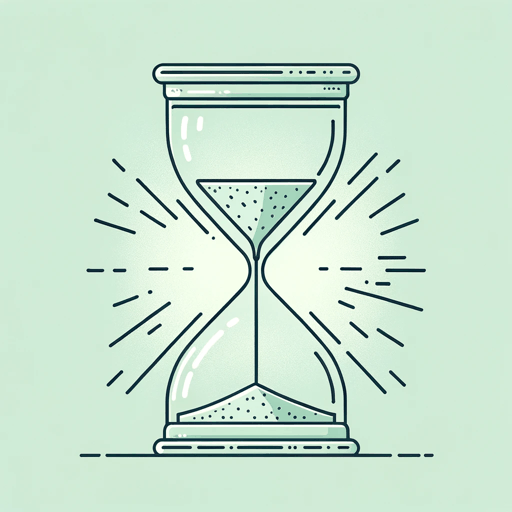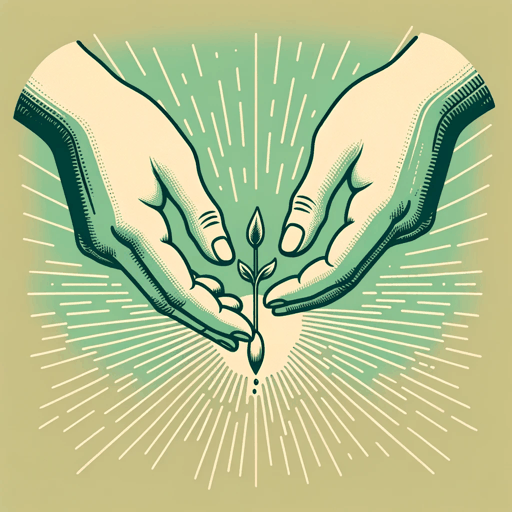49 pages • 1 hour read
Rutger BregmanUtopia for Realists: And How We Can Get There
Nonfiction | Book | Adult | Published in 2014A modern alternative to SparkNotes and CliffsNotes, SuperSummary offers high-quality Study Guides with detailed chapter summaries and analysis of major themes, characters, and more.
Chapter 2Chapter Summaries & Analyses
Chapter 2 Summary: “Why We Should Give Free Money to Everyone”
In 2009, the city of London began an experiment in which it provided money to some of its homeless citizens, without conditions. Bregman notes that the results were encouraging in terms of both expense and results. The program was far less costly than establishing a network of social services that people may or may not use, and giving people discretion over how to spend their money enabled them to target their own needs, whether that was education, housing, rehabilitation, or repaying debts. Conventional wisdom ties social welfare to employment, on the premise that pay without work incentivizes laziness. Social experiments instead suggest that giving money to poor people results in their becoming more productive and less prone to social troubles such as crime, alcoholism, or dropping out of school. Furthermore, they do so without all the expenses and red tape that come with traditional humanitarian aid, which funnels through large bureaucracies that often have rigid requirements. Programs focusing on education are expensive and often leave people with skills but still lacking basic necessities.
A free basic income for everyone is a utopian idea that may be far more practical than current policies. In the small town of Dauphin, Canada, the provincial government paid its citizens a basic free income from 1973 to 1977, when a conservative government terminated the program despite its clear record of success—especially with respect to the health of the community.
Featured Collections
Books on Justice & Injustice
View Collection
Business & Economics
View Collection
Challenging Authority
View Collection
Class
View Collection
Class
View Collection
Community
View Collection
Contemporary Books on Social Justice
View Collection
Education
View Collection
Equality
View Collection
Globalization
View Collection
Memorial Day Reads
View Collection
Military Reads
View Collection
Philosophy, Logic, & Ethics
View Collection
Politics & Government
View Collection
Power
View Collection


